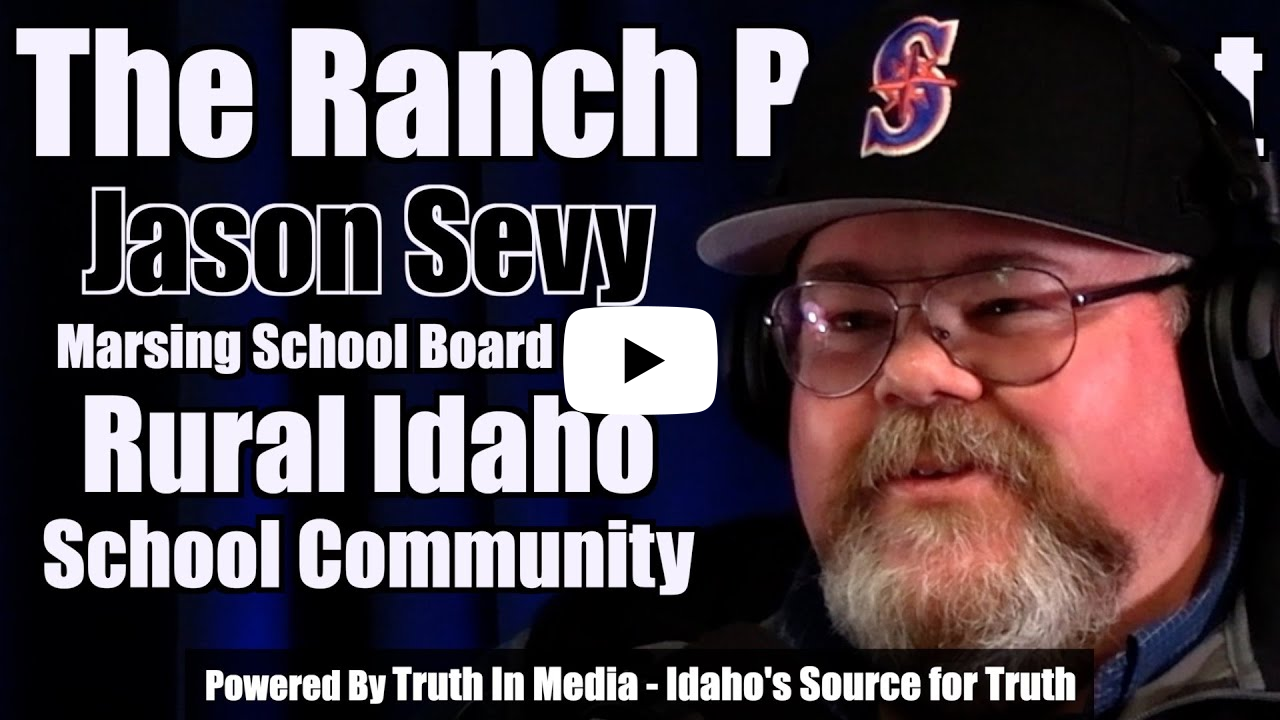|
|
|
|
Estimated Reading Time: 8 Minutes |
|
Hello {{CFirstName}}, |
|
The fifth week of the 2025 Legislative Session has wrapped up. This week we saw the hearings of two major voucher bills, the introduction of a third voucher bill, a bill that would require mandatory Bible reading in public school classrooms, a bill that would allow for a lifetime certificate for teachers past a certain age, and more.
Read below to learn more about the most important bills we saw introduced this week and how you can have a voice in the legislative process. |
|
|
|
School Voucher Bill Updates |
|
This week, both the House Revenue and Taxation Committee and the Senate Education Committee heard voucher bills (HB093 & SB1025). The debates in both committees were highly divided and passionate, with testimony from many people across the state, both inside and outside the public school realm. We appreciate everyone who took the time to write to their legislators and voice their concerns about these pieces of legislation. We encourage you to keep writing your legislators about the impact school voucher programs like these will have on your districts and charters.
Both bills were passed out of committee—HB093 with a “do pass” recommendation on an 8-7 vote, and SB1025 with a “no recommendation” vote 5-4.
HB093 was debated on the floor on Friday, February 7. The bill passed on a 42-28 vote. |
|
|
Use our simple legislative email widget to send a quick email to your representatives and ask them to vote no on any school privatization legislation. |
|
|
|
Additional Legislation Introduced This Week |
|
HB147 would address the struggle many rural school districts face when issuing a bond in their community. This bill would increase the bond capacity from 5% to 8% of the market value, but would not alter the process required to pass a bond. This bill would assist rural school districts. To view a map of districts this would impact, click here. The Government Affairs Committee supports the legislation.
HB162 or the "School-Sponsored Bible Reading Act" would require every public school teacher to read passages from the King James Bible daily without any kind of instruction or comment. The school district would be required to organize the reading so that within 10 years of the student being enrolled in the school, they would have read the whole Bible. Any teacher or staff unwilling or unable to read the Bible for any purpose will be substituted with someone who will., Additionally any parent or guardian would be able to write a letter exempting their child from participating. The Government Affairs Committee opposes this legislation.
HB163 would amend the lottery system for charter enrollment to allow charter schools to provide priority admission to families with at least one parent or legal guardian on active duty. The Government Affairs Committee supports this legislation.
HB164 is another private school subsidy bill that creates the Idaho Education Opportunity Program (IEOP) to provide families up to 80% of the average state per student funding toward the cost of private schools. Families with students with disabilities would be able to use up to 100% of the average funding. Priority would go to families who make less than $75,000 adjusted gross income but the program is available for any income level to access. The student’s home school district would maintain a portion of the students’ average funding. ISBA opposes this legislation based on ISBA Resolution No. 8.
SB 1068 creates a codified program to allow any school district or charter school to participate in a model where parents can choose their curriculum, do some or all the instruction at home, and receive an Education Savings Account from the District who participates. It provides directs the Department of Education to regulate the model.
SB1069 strengthens Idaho’s Literacy Intervention Program for K-3 students struggling with reading. Schools must provide 60 hours of extra instruction for students scoring below basic and 30 hours for those scoring basic on reading assessments. The program uses evidence-based methods, includes parent input, and may incorporate adaptive learning technology. The State Board of Education will oversee effectiveness, and teachers will receive training in literacy instruction.
SB 1070 creates a parent tech awareness program. The Idaho Department of Education will develop or contract with an online educational program accessible to all Idaho public and private schools. The program will provide critical information on the dangers of online activity, including threats, digital exploitation, and social media risks. Each district and charter will be provided access to the program and ensure that parents and guardians are provided awareness. Many districts are already utilizing a similar program and have reported positive feedback. The Government Affairs Committee supports this legislation. |
|
Additional Updates |
|
SB1023, which would not allow school districts or charter schools to require any kind of medical intervention such as vaccines, was passed out of committee to the 14th order for further edits. It is unclear if we will see this bill again this session.
The Senate Education Committee heard SB1032 on Wednesday. This bill would require all school districts in Idaho to assess the impact of mobile devices in classrooms and develop policies to help promote distraction-free learning. After moving testimony from four students from the West Ada School District as well as school leaders from Vallivue and Blaine County, the Committee passed the bill unanimously to the Senate Floor with a "do pass" recommendation. |
|
|
|
Save the Date! Registration is now open for ISBA’s 2025 Day on the Hill event - February 17-18, 2025. This event provides an opportunity for attendees to meet with their state legislators to discuss legislative issues impacting public education. It also provides attendees time with colleagues from around the state to visit, share information, and network.
Registration fees: Option 1: ISBA Member + Add-On Workshop - $200 Option 2: ISBA Member - $150 After January 27, 2025, registration fees will increase by $50. |
|
|
|
ISBA Bill Tracker |
|
|
|
Voucher Updates: |
|
We've been talking a lot this session about school vouchers, but many may not know what they actually are or how they will affect Idaho's public schools, especially our rural communities. Here's a quick overview: |
|
|
|
School Voucher Opposition Toolkit Take a stand for public schools. |
|
ISBA is dedicated to equipping members and public education supporters with resources to push back against school voucher rhetoric. The toolkit includes:
|
|
|
|
|
The Value of Rural Schools with Jason Sevy |
|
|
|
In the News |
|
|
|
How to Keep Up |
|
You can find committee agendas, reading calendars, legislator information, and more by visiting the Idaho State Legislature website.
You can find live video coverage and footage of the 2025 Legislative Session by visiting the Idaho Public Television - Idaho in Session site.
To view editions of ISBA's 2025 Capitol Notes, click here. |
|
|
|
Who is representing ISBA at the Capitol? |
|
|
Misty Swanson Executive Director |
|
|
Quinn Perry Deputy Director & Government Affairs |
|
|
Katie Russell Communications & Program Associate |
|
|
|
|
199 N. Capitol Blvd. Suite 503 Boise, ID 83702 (866) 799-4722 |










